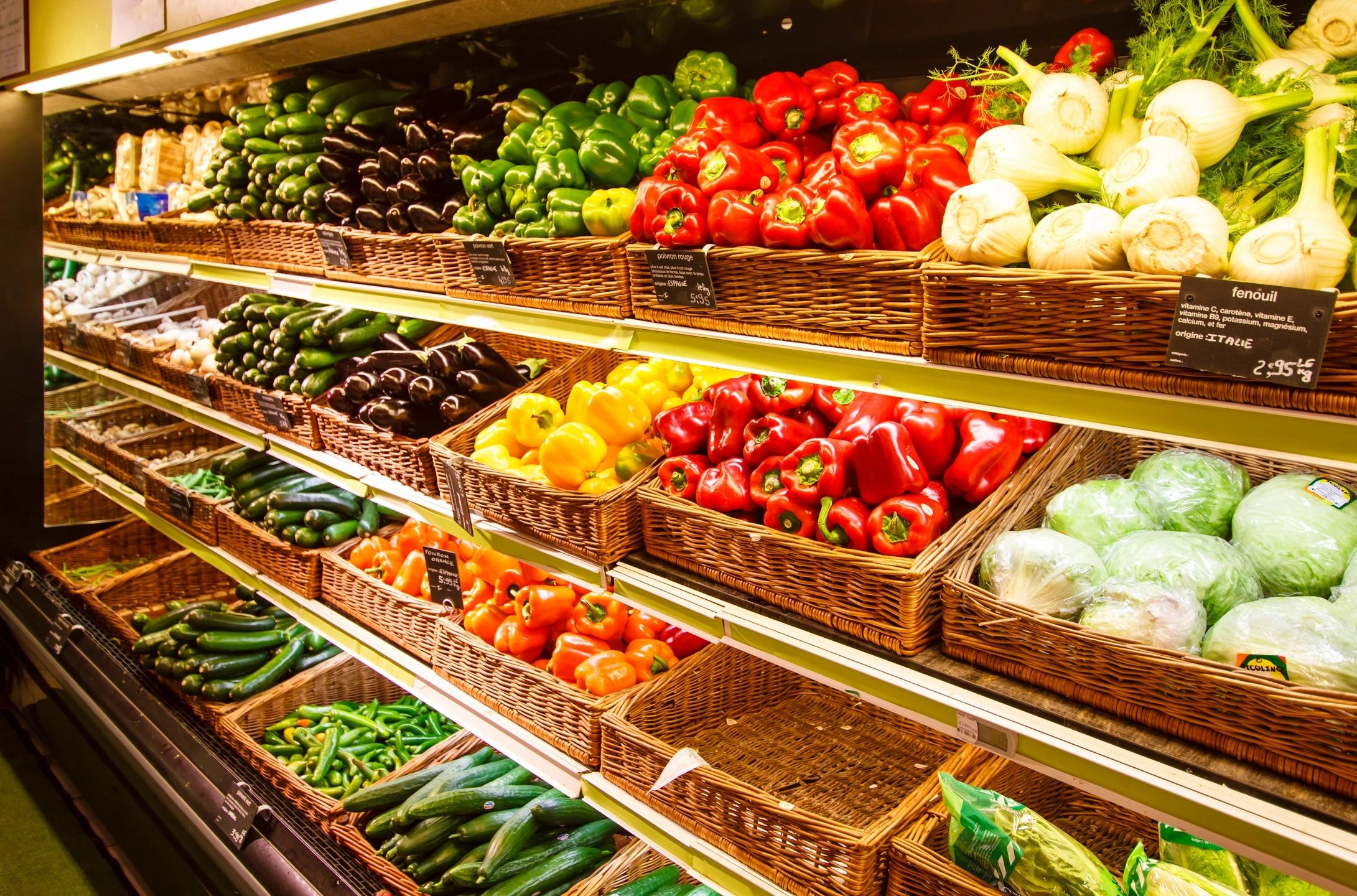It’s a question on everyone’s mind. It’s an important question and one that affects every American household. And while every elected official is quick to point a finger, no one answers honestly. It’s always easier to place blame than to address the actual issues.
Grocery prices are not coming down, at least in a meaningful way, any time soon—if ever. It doesn’t matter who’s in the White House or who controls Congress. The reality is that our high grocery prices are nothing more than the expected outcome of decades of failed policies that have fundamentally changed our grocery supply chain. Yet our leaders remain focused on the blame game rather than looking for actual solutions.
A good place to start is the idea that there’s a “free market” that creates a natural equilibrium. It fails to take into consideration all the variables that are regulated. There are plenty. Some include tax laws that favor large corporations over smaller producers, immigration and employment laws that don’t meet the needs of our farmers and other producers and even country-of-origin labeling rules specifically designed to mislead consumers and place foreign products on an equal playing field with American-produced goods.
Let’s look at pork, for example. Three companies control 70% of the pork market. Two of those firms are foreign owned. The Chinese own Smithfield, and JBS is Brazilian. Smithfield is the single largest. When a small group of companies control such a large portion of the market share, they have little incentive to price competitively. They can charge whatever they want because there is virtually no competition. And We all have to eat. Their massive size allows them to tie up American hog farmers in contracts that prevent them from selling to other processors. They are able to purchase the hogs at a significant discount, squeezing the margins of American farmers. The farmers are left with no choice but to accept these one-sided contracts because there are literally no alternatives.
These huge corporations have advantages that smaller companies simply cannot compete with. These include tax laws that favor large corporations over smaller producers, cheap capital and of course, a large share of government subsidies. In 2019, when then-President Trump instituted his bailout of the pork industry, the single largest benefactor was JBS of Brazil. Over $78 million dollars in U.S. Taxpayer funds were used to prop up a foreign entity rather than focusing on domestic production.
These problems are not unique to pork. Overall, our country’s food supply is controlled by a handful of companies. Competition, a key factor in the “free market,” is simply no longer a meaningful issue. Quite simply, regardless of election outcomes, we will not see a decrease in grocery prices until we have leaders willing to look at the real issues. Don’t expect that any time soon, though. These large corporations spend millions of dollars making sure our leaders are distracting you by pointing fingers.
David Roth is a higher education administrator and a precinct captain for the Bonneville County Democratic Central Committee.

